Register for free and continue reading
Join our growing army of changemakers and get unlimited access to our premium content
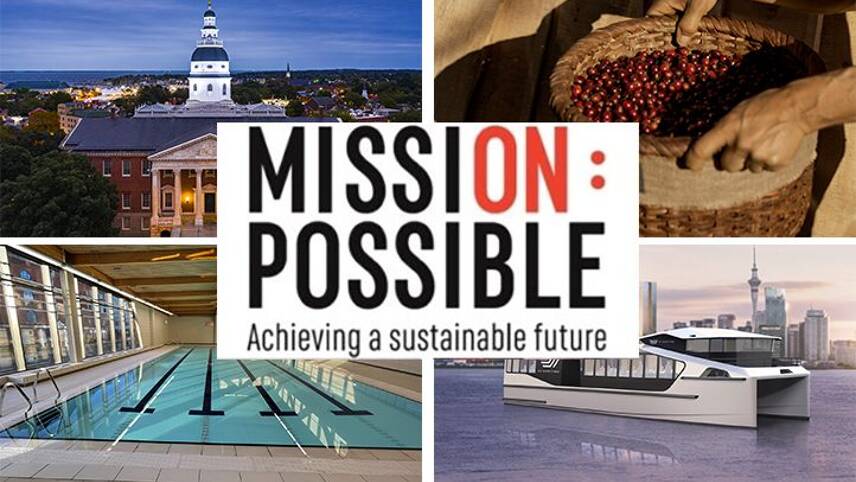
Published every week, this series charts how businesses and sustainability professionals are working to achieve their ‘Mission Possible’ across the campaign’s five key pillars – energy, resources, infrastructure, mobility and business leadership.
Across the UK and the world, leading businesses, cities, states and regions are turning environmental ambitions into action. Here, we round up five positive sustainability stories from this week.
ENERGY: Washington and Maryland increase renewable energy ambitions
While the US Congress plots plans to scale back its Build Back Better Act, following opposition from Joe Manchin and others to President Biden’s initial $44.9bn plan, several US states have been forging ahead with their own local plans to cut emissions from energy.
Announcements made this month mean that more than 50% of Americans now live in a state with a goal to reach 100% ‘clean’ energy systems. Maryland this week passed the Maryland Climate Solutions Now Act, targeting 100% clean energy by 2045.
Elsewhere, the Washington State Building Code Council has voted to adopt a new building energy code that will require all new commercial buildings to be free from gas connections and built with high-efficiency electric heat pumps instead. The code also increases requirements on building energy efficiency.
RESOURCES: Tesco urges shoppers to slash food waste
Thursday (28 April) was Stop Food Waste Day. It is estimated that around 33-40% of all food produced globally each year is wasted and, in the UK and many other nations in the Global North, the majority of the food waste mountain is generated in our homes.
Tesco marked the occasion by launching a new ‘Use Up Day’ campaign in partnership with Hellmann’s, Hubbub and WRAP. The campaign provides shoppers with practical advice on cooking meals using ingredients they already have to hand and which are at risk of expiring otherwise. Tesco’s own polling of 2,061 shoppers this month revealed that 37% throw away unopened or unused food at least once a month. Bread, condiments and dairy products are among the items most frequently binned.
Unilever-owned Hellmann’s has already delivered a Use Up Day campaign in Canada, and learnings from this process are being used to deliver the UK initiative with Tesco. It is hoped that, with the cost of living crisis in mind, people will be more mindful about food waste at this point in time.
“The average UK household wastes eight meals a week – wasting food costs money and feeds climate change,” said WRAP’s director of collaboration and change Catherine David. “Food businesses can really help shoppers reduce the amount of food ending up in the bin, through simple changes like the one being championed by Tesco and Unilever.”
MOBILITY: Auckland sets out plans for electric ferries
Auckland, New Zealand, is aiming to halve emissions by 2030 against a 2016 baseline year. This progress should lay the foundations for the delivery of net-zero by 2050 at the latest.
One of its transport-related decarbonisation target is to transition to an entirely electric fleet of passenger ferries by 2040. Danfoss Power Solutions this week signed a memorandum of understanding with EV Maritime to help deliver fully electric fast ferry fleets for regions including Auckland.
The first two full-size ferries will hit the water in Auckland in 2024. These 240-metre vessels will each be able to carry up to 200 people at once and will be built using lightweight, long-lasting composite materials. EV Maritime is designing and engineering the vessels while Danfoss is producing the electronic and power management marine system.
THE BUILT ENVIRONMENT: UK’s first Passivhaus leisure centre opens in Exeter
Late last year, Exeter City Council put forward plans to give its senior management team more time and resources to deliver its 2030 net-zero carbon plan. The local authority has pledged £1bn of its own funding to the transition and is exploring ways to leverage more support from the private sector.
In the latest step in the transition, the Council this week opened a new leisure centre which is the first in the UK to meet Passivhaus standards. St Sidwell’s point is being touted as the most energy-efficient in Britain, consuming 70% less energy than a typical facility of its size due to built-in features like triple glazing and heat recovery systems. It should also only consume around half as much water.
Arup and S&P were among the companies to have helped the Council to deliver the leisure centre, which has an estimated payback period of eight to nine years.
S&P’s associate director Nic Bryant said: “St Sidwell’s Point demonstrates that a low-carbon, healthy environment for sport and fitness can be developed within high-quality, contemporary design. We hope this serves as an example of what is possible in meeting the highest standards of sustainability in a wide range of public buildings.”
BUSINESS LEADERSHIP: Nespresso achieves B Corp certification
Some 4,900 businesses around the world have been certified as B Corps to date, and one of the fastest-growing national B-Corp communities is the UK’s. There are more than 700 businesses certified as B Corps in the UK and Ireland, including the Body Shop, Ella’s Kitchen and Coutts.
Joining that community this week is coffee giant Nespresso. Nespresso scored 84 points on the B Impact Assessment – four points more than necessary to achieve certification. To certify as a B Corp, businesses must evidence the work they are doing to benefit workers, the environment, customers and communities. They must also prove they have strong governance structures in place to deliver this work.
Nespresso’s chief executive Guillaume Le Cunff said: “B Corp Certification reflects a 30-year Nespresso commitment to sustainability, transparency and responsible business. We are immensely proud to be joining a community of like minds who share our belief that profit and purpose go hand-in-hand. This certification brings added value for our customers and affirms to Nespresso fans that their favourite coffee brand is doing business the right way.
“Most importantly, B Corp™ Certification inspires us to do more. It strengthens our commitment to our vision that every cup of Nespresso coffee has a positive impact on the world.”
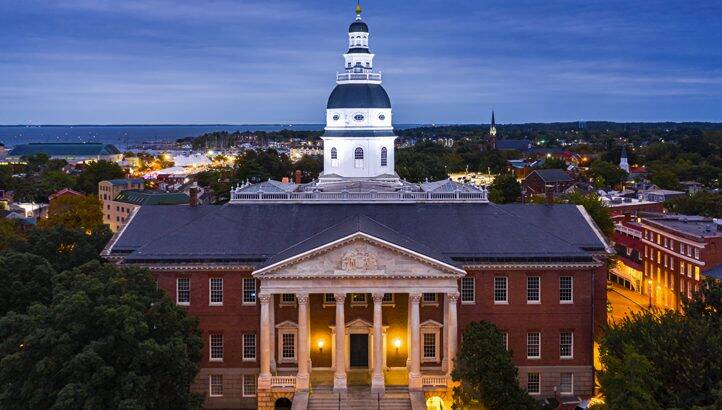
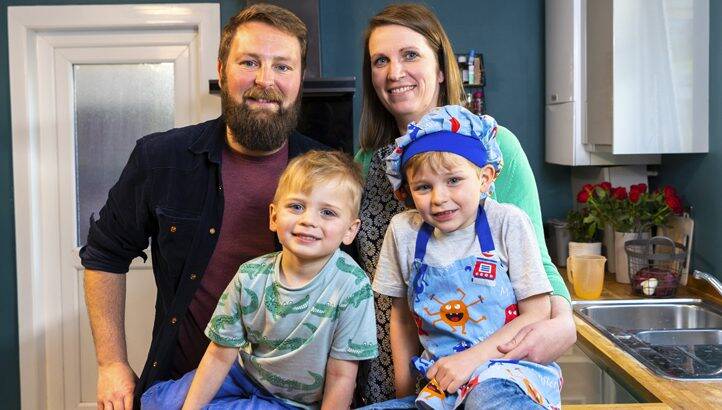
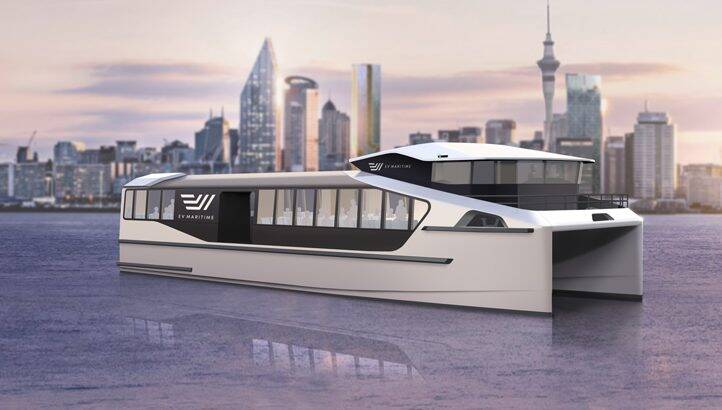
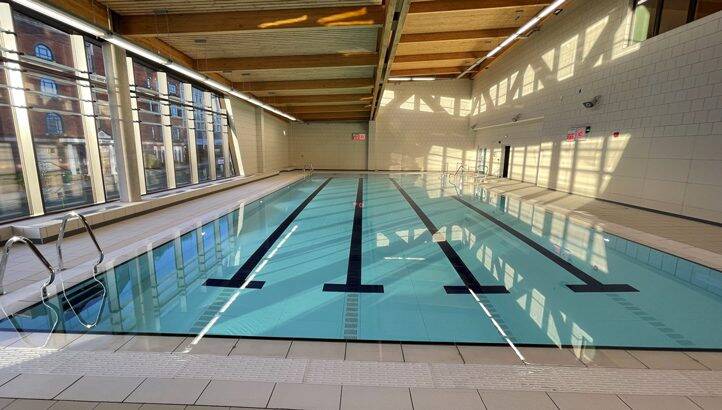



Please login or Register to leave a comment.